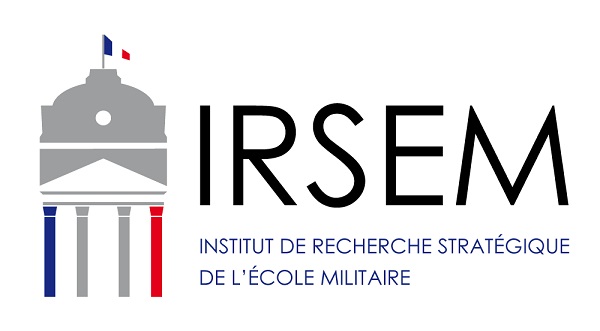Southeast Asia lies at the heart of maritime Asia. Its relationship to the sea can be understood through a multitude of issues relating to the securitization of the Straits of Malacca, which is both a bridge and a place of passage between the Indian and the Pacific. Oceans. The rise of ASEAN (the Association of Southeast Asian Nations) and the increasing weight of China in the South China Sea have reinforced its importance. Since the 1990s, the threat posed by maritime piracy has driven Japan to develop new cooperative tools for the region by relying mainly on civil actors such as the Japanese coast guard and the Japanese Foundation. Tokyo has thus become heavily involved in the establishment of the RECAAP (Regional Cooperation Agreement on Combating Piracy and Armed Robbery), a regional accord on the fight against piracy, and its eponymous Centre in Singapore in 2006, both constituted innovative steps in the management of maritime security in the Southeast Asian region.
Seen from Japan, this securitization, in a multilateral context, contributed to the emergence of a vast maritime community. It notably anchored Southeast Asia to external partners such as the United States, India and Australia, anxious to organize themselves in a sustainable manner to protect the rule of law at sea and the freedom of navigation. This research note returns to the genesis of these processes by questioning the place that can be claimed by the new Japanese maritime “narrative” of a “free and open Indo-Pacific” space.
Download Research Paper No. 64 - (Translation)



